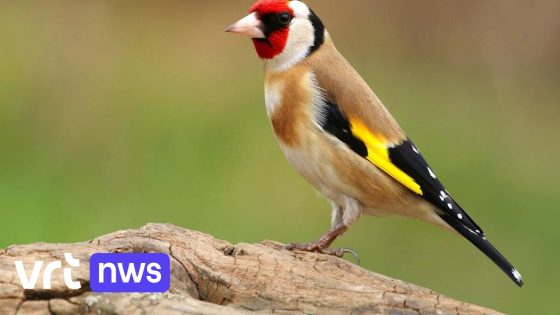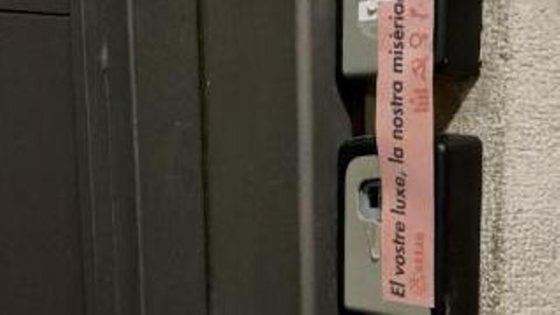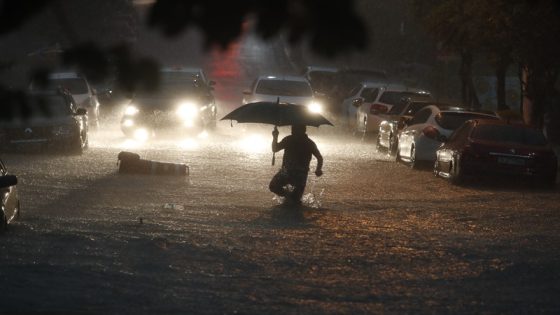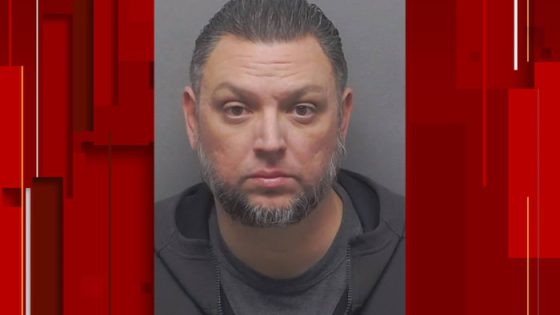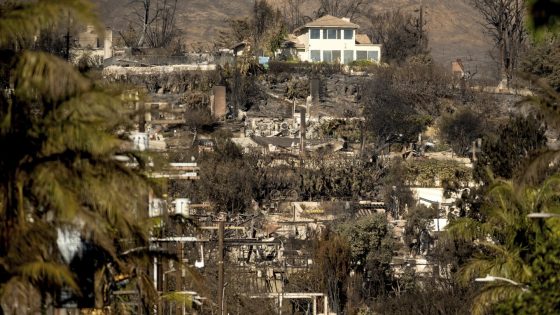Illegal bird trapping remains a serious issue in Belgium, as highlighted by Jeroen Denaeghel from Nature and Forests. On January 24, 2025, authorities discovered over 500 illegal traps and seized 60 protected birds in Limburg. Why does this continue to happen despite the risks?
- Illegal bird trade involves around 70 offenders yearly.
- Certain birds sell for up to 300 euros.
- Malicious traders continue despite heavy penalties.
- Local bird populations are being depleted.
- Biodiversity is threatened by disrupted ecosystems.
The black market for certain birds can fetch prices up to €300, making it an enticing venture for unscrupulous traders. The consequences of such actions threaten local biodiversity.
The Ongoing Battle Against Illegal Bird Trapping in Belgium
Why do people still engage in illegal bird trapping? Despite heavy fines and potential legal repercussions, the financial rewards are too tempting for some. This persistent problem not only harms individual species but also disrupts entire ecosystems.
The Impact of Illegal Bird Trade on Biodiversity
The consequences of illegal bird trapping extend far beyond individual losses. When specific species are targeted repeatedly, their populations dwindle dangerously low. This imbalance can lead to broader ecological disruptions.
The Economic Incentives Behind Illegal Bird Trapping
Many individuals turn to illegal bird trapping due to its profitability. The allure of quick cash often outweighs concerns about legality or ethics.
- High demand for exotic birds fuels the black market.
- Certain species can sell for hundreds of euros each.
- Punishments may not deter determined traffickers.
- Lack of awareness contributes to ongoing issues.
Legal Measures and Conservation Efforts in Belgium
Belgium has implemented stricter regulations aimed at curbing illegal wildlife trade. Authorities conduct regular inspections and educate the public about the importance of protecting native species.
- Increased fines for offenders serve as a deterrent.
- A growing number of conservation programs aim to restore affected populations.
- Civic engagement is crucial; communities are encouraged to report suspicious activities.
The Role of Public Awareness in Combating Wildlife Crime
Public awareness plays a vital role in combating wildlife crime. Educating citizens about the impact of their choices can lead to more responsible behaviors regarding wildlife protection.
- Understanding biodiversity helps foster respect for nature.
- Campaigns highlight the dangers associated with buying illegally trapped animals.
- A well-informed public can act as watchdogs against wildlife trafficking efforts.



